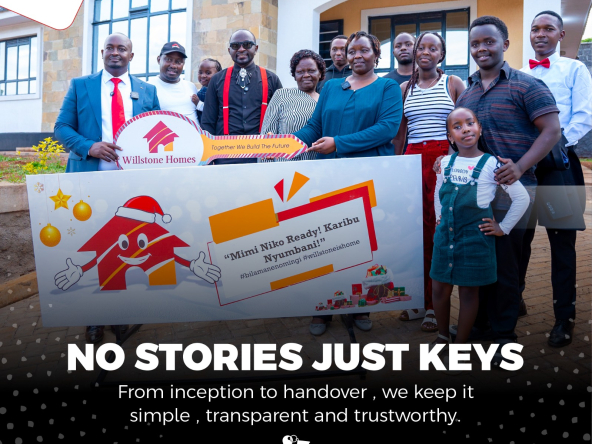In today’s fast-evolving property market, real estate companies are facing complex operational, financial, and customer-service challenges. From document overload and communication gaps to inefficient property showings and skyrocketing maintenance costs, the industry is under pressure to streamline, scale, and stay competitive. Fortunately, real estate technology solutions—collectively known as PropTech—are offering powerful tools to overcome these hurdles.
Here are six key ways technology is solving real estate challenges and redefining how property professionals work.
1. Automating Repetitive Tasks to Boost Productivity
Time-consuming tasks such as manual data entry, lease tracking, and document organization can bog down employees and limit growth. Real estate automation tools like CRM systems and workflow platforms allow businesses to streamline these tasks, reduce human error, and reallocate staff toward high-value activities like client acquisition and relationship building.
Platforms such as HubSpot or Salesforce, integrated with real estate-specific extensions, are helping agents focus on closing deals rather than paperwork.
2. Improving Data Management with Real-Time Analytics
In an increasingly data-driven market, quick and smart decision-making is crucial. Cloud-based platforms, combined with AI in real estate, are transforming how companies collect, store, and analyze data. These tools provide insights into buyer behavior, property valuation trends, and investment performance, enabling more strategic decision-making.
For example, predictive analytics can forecast property demand shifts or rental price changes, giving property managers a competitive edge.
Read Also: Kenya Real Estate Market 2025: Navigating Growth Amidst Urbanization and Housing Challenges
3. Enhancing Communication and Client Collaboration
Digital communication tools are breaking down barriers among brokers, buyers, sellers, and tenants. Real estate communication tools like secure messaging apps, video conferencing, and e-signature platforms simplify transactions and ensure fast, traceable communications.
Client portals also empower customers by giving them 24/7 access to listings, contract documents, and service requests. This transparency increases trust and satisfaction throughout the transaction lifecycle.
4. Expanding Reach with Virtual Property Tours and Visualization
One of the most impactful digital real estate tools in recent years is the rise of virtual property tours. These allow clients to explore properties in 3D using VR or web-based technology, saving time and cutting down unnecessary site visits.
Especially useful in international or pandemic-affected markets, this approach allows agents to reach broader audiences and keep leads engaged without physical limitations.
Read Also: Willstone Homes: A Global Investment Gateway for Our Diaspora Clients
5. Optimizing Facilities with Smart Building Systems
Smart building technology, powered by IoT sensors and automated systems, is revolutionizing property maintenance and energy management. Sensors monitor lighting, HVAC performance, and security in real time, enabling automatic adjustments and preventative maintenance.
This approach not only reduces utility costs but also extends the life of property infrastructure—helping owners stay ahead of issues before they become expensive emergencies.
6. Accelerating and Securing Financial Operations
Gone are the days of manual rent collection and Excel-based bookkeeping. Today, real estate accounting software automates rent reminders, invoice generation, payment tracking, and compliance reporting. With integration into bank systems and ERP platforms, these solutions improve cash flow visibility and reduce end-of-month stress.
For example, tools like Buildium and AppFolio automate reconciliations and generate tax-ready reports with minimal human oversight.
As competition intensifies and client expectations evolve, the adoption of real estate technology solutions is no longer optional—it’s essential. Whether through automation, smart systems, or immersive experiences, PropTech is reshaping the real estate landscape in ways that improve operational efficiency, client service, and profitability.
Forward-looking real estate firms that embrace these technologies today will be better positioned to lead tomorrow.
Read Also: Compressed Stabilized Earth Blocks (CSEB) Transforming Kenya’s Real Estate Landscape





